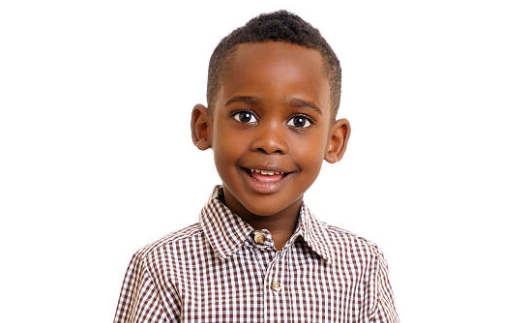Scientists have developed an artificial intelligence-enabled sensor to detect anxiety and depression among children.
According to a study published in the journal PLOS ONE, the tool is to help detect internalised disorders early and accurately.
Researchers from University of Vermont and University of Michigan combined a sensor and an algorithm with the method that elicits the children’s behaviours and feelings like anxiety.
The children in a dimly-lit room were told to anticipate something in a covered glass box, which turned out to be a fake snake.
Then the researchers scored their responses, traditionally through the recorded video, but in the new study, aromatically by a wearable motion sensor and the machine learning algorithm.
The new tool identified differences between children with internalising disorders and those without.
The accuracy reached 81 percent, which was better than the standard parent questionnaire, according to the study.
The algorithm learned that children’s movement before the snake was revealed was the most indicative since those with internalising disorders tend to turn away from the potential threat.
It showed that they anticipated more anxiety, and the turning-away behaviour was a negative reaction.
Just 20 seconds of data from the anticipation phase provided by the sensors and algorithm is enough to make a decision while the traditional video coding method may take several months.
It opens up possibilities of large-scale screening to identify those anxious-depressed kids.
Copyright 2024 TheCable. All rights reserved. This material, and other digital content on this website, may not be reproduced, published, broadcast, rewritten or redistributed in whole or in part without prior express written permission from TheCable.
Follow us on twitter @Thecablestyle

